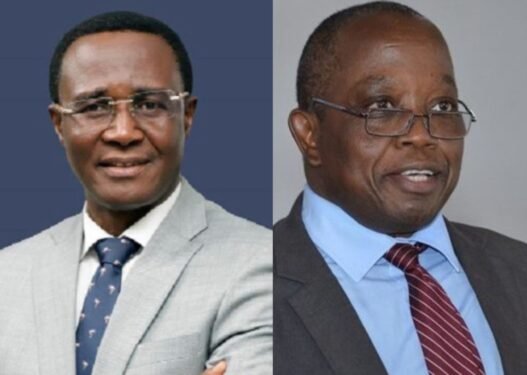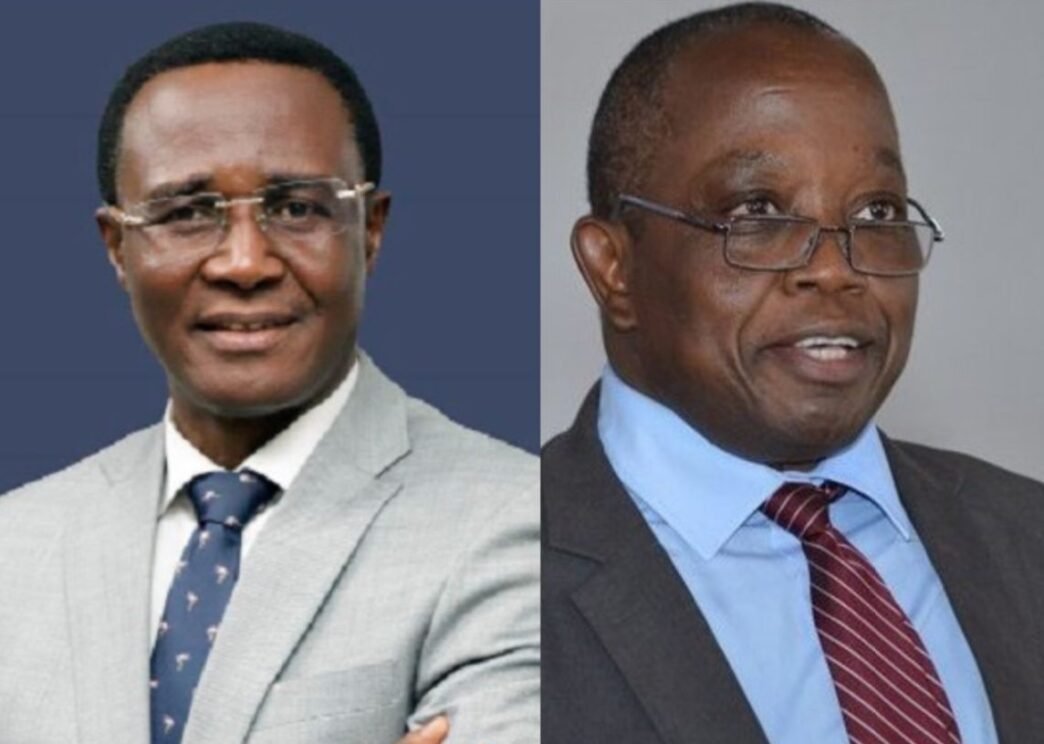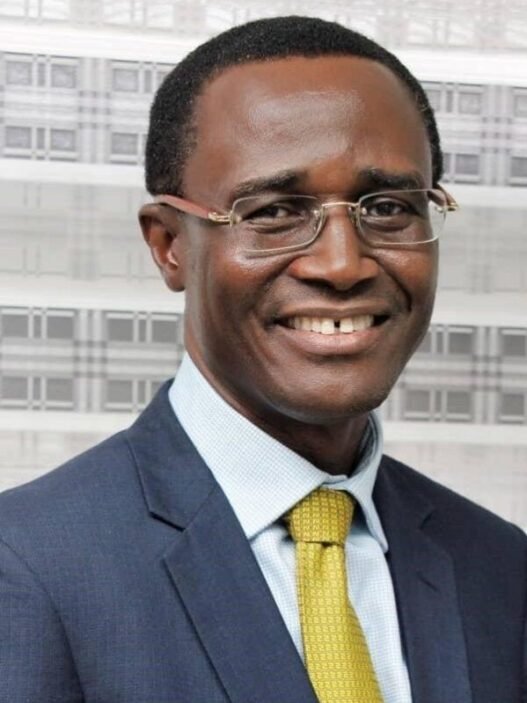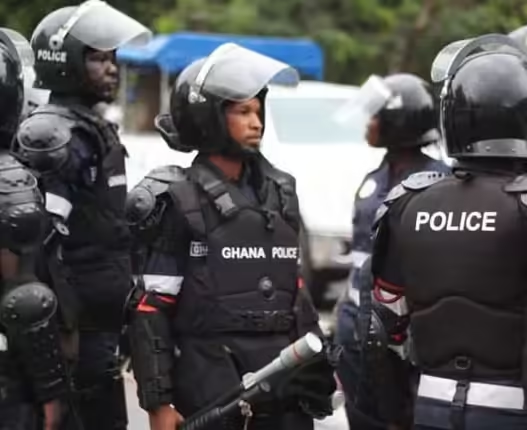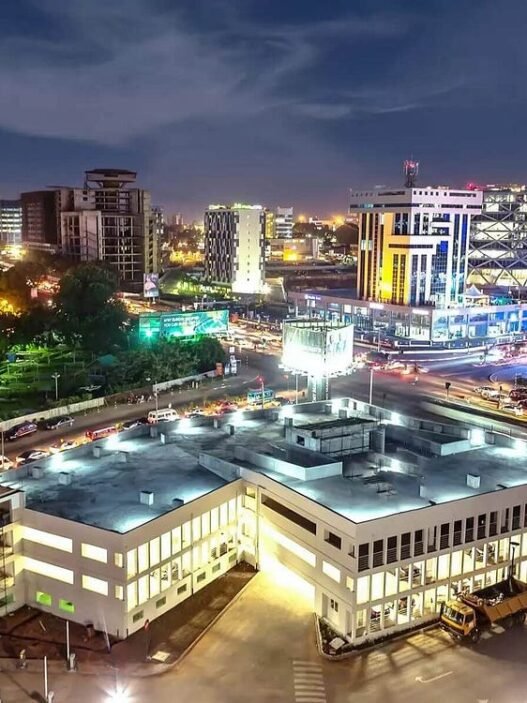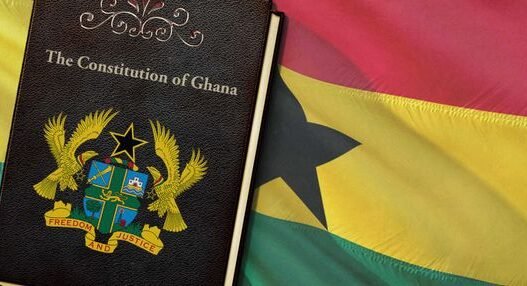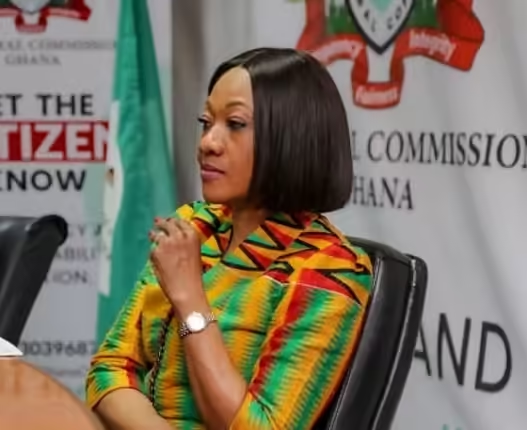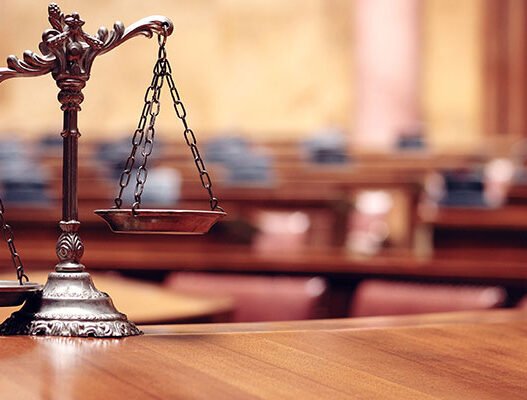Ghana’s political stage is rife with intrigue, marked by two unfolding stories that expose the intricate web of power within the ruling New Patriotic Party (NPP). As I explored the controversies surrounding Rev. Dr. Ammishaddai Owusu-Amoah’s tenure at the Ghana Revenue Authority (GRA) and Daniel Domelovo’s citizenship quandary, a deeper complexity of political disparities and covert maneuvers emerged—demanding closer scrutiny.
“An investigation into Ghanaian politics examines Rev. Dr. Ammishaddai Owusu-Amoah’s role at the GRA and Daniel Domelovo’s citizenship issues, revealing justice disparities and highlighting the need for transparency as the NPP’s tenure ends.”
Rev. Dr. Ammishaddai: Shades of Exceptionality
The revelations shared by Honorable Sam George at the Public Accounts Committee Sitting on 30th January 2024 cast a revealing light on Rev. Dr. Ammishaddai’s tenure. His extended stay at the GRA, despite reaching the retirement age of 60, seems to defy established protocols. Ambiguous statements by the Finance Minister regarding the end of contract extensions for individuals over 60 have further complicated this narrative. Of particular concern is Ammishaddai’s involvement in questionable deals, including the $100 million SML contract, raising doubts about transparency and the integrity of Ghana’s public administration.
Opinion:
The selective application of rules regarding retirement age and contract extensions, coupled with the murky nature of Ammishaddai’s contracts, suggests a system where criteria for exceptions remain undisclosed. This raises broader concerns about the erosion of transparency and accountability—essential elements for maintaining public trust.
Daniel Domelovo: A Symphony of Ambiguity
Ghana’s political history took a controversial turn in early 2021 with Daniel Domelovo’s citizenship conundrum. Official records and accusations from the Audit Service Board regarding his alleged Togolese heritage stirred a national debate, further complicated by the confusion surrounding his retirement age. Domelovo’s efforts to clarify these claims were commendable, but lingering doubts over the legitimacy of his position have left a lasting cloud of ambiguity.
Opinion:
Domelovo’s case underscores the need for clear and consistent bureaucratic processes, particularly in sensitive positions. The contradictions in official narratives and the shifting grounds on which his retirement was questioned point to deeper issues within the system. This ambiguity weakens public trust, as it opens up space for speculation and confusion.
Comparative Analysis: Uneven Scales of Justice
When we compare the treatment of Rev. Dr. Ammishaddai and Daniel Domelovo, striking disparities emerge. The differing levels of legal scrutiny, responses, and political undertones suggest an unequal application of justice. Both cases have emerged as the NPP’s eight-year tenure approaches its end, fueling speculations that political motivations may be in play.
Opinion:
This comparative analysis highlights the importance of impartiality in governance. Political overtones in both cases suggest that power dynamics are being strategically manipulated. This underscores the need for a fair and robust justice system—one that is impervious to political interference.
Public Response: A Resounding Call for Accountability
In the public sphere, voices demanding accountability and transparency have grown louder. Through social media, town hall meetings, and interviews with civil society leaders, a clear consensus emerges: the people demand justice and integrity from those in power.
Opinion:
The public’s resounding call for fairness reflects the critical role of governance in responding to societal concerns. Their demands should not be dismissed; instead, they must serve as a reminder that leadership is ultimately accountable to the people. Public opinion is a powerful force shaping the narrative of justice in the country.
Conclusion: A Call for Forensic Scrutiny
The complexities surrounding the stories of Rev. Dr. Ammishaddai and Daniel Domelovo call for a forensic audit. Both cases, now etched in Ghana’s political history, require a thorough and impartial investigation to untangle the intricate power plays that have surfaced. For true accountability to prevail, transparency must take precedence over political maneuvering.
Opinion:
A forensic audit is not merely about addressing the specific cases of Ammishaddai and Domelovo. It’s a broader demand for systemic review and reform within Ghana’s public administration. Only through meticulous examination and unwavering scrutiny can the pillars of good governance be fortified, ensuring that public trust is restored in the nation’s leadership.









